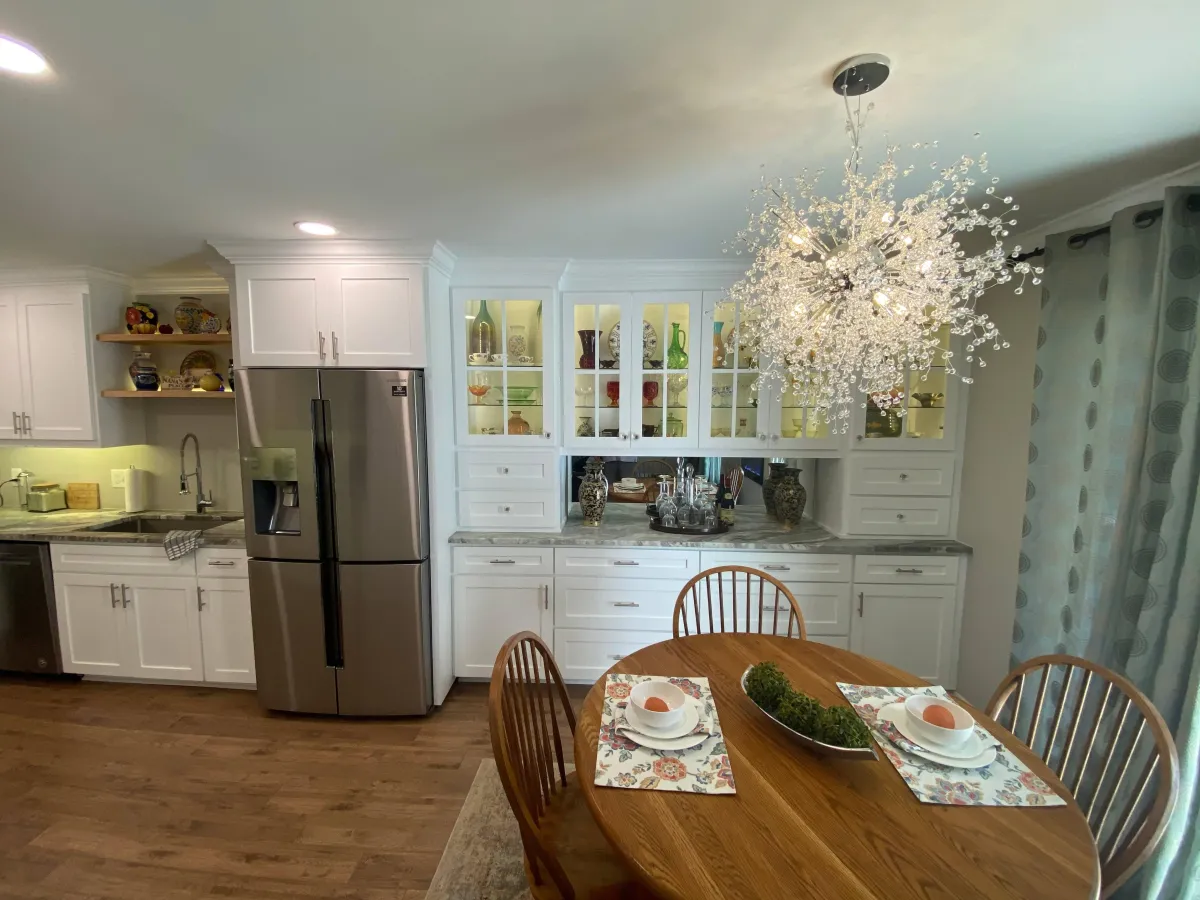
What to Know Before a Home Addition in Lexington SC – Budget, Permits & Timeline
Introduction
Building a home addition is an exciting way to add space, increase comfort, or boost property value. But many homeowners dive in without fully understanding what’s involved. Cost overruns, permit delays, or timeline surprises can turn a dream project into a stressful one.
This post covers what you need to know before starting a home addition in Lexington, SC — how to budget realistically, which permits you’ll need, and what timeline to expect from first consultation to completion.
What Matters Before You Start
There are several key components you need to understand before breaking ground on your addition. Knowing these factors early will save you headaches later.
Cost Components – Materials, labor, permits, structural work, finishes, and site preparation all factor into your total budget.
Local Building and Zoning Codes – Consider setbacks, lot coverage, height restrictions, and possible HOA requirements.
Permit Requirements – Any structural, plumbing, or electrical changes will likely require building permits and inspections.
Contractor Selection – Work with a licensed, insured contractor with experience handling additions and local permitting.
Hidden Costs and Risk Factors – Weather delays, structural surprises, and material price increases are common. Always budget extra.
Step-by-Step Guide to Budgeting, Permits, and Timeline
Here’s what a typical home addition process looks like in Lexington SC and what to plan for during each stage.
Initial Consultation and Design Planning
Meet with a builder or architect to define the scope of work: room size, layout, finishes, and structural needs. This is also the stage to get preliminary cost estimates and decide whether you’re doing a room bump-out, full room, second story, or garage addition.Site Assessment and Zoning Check
Confirm property boundaries and review local zoning ordinances to ensure your project meets setback and lot coverage requirements. If needed, get surveys or soil tests.Permits and Approval Process
Submit your construction plans to the local building department for review. Include site plans, drawings, and all necessary details. Budget a few weeks for approval and potential revisions.Finalize Budget and Order Materials
After permits are approved, finalize your materials and finishes and place orders for any long-lead items. Include a 10–20% contingency for unexpected expenses.Construction Phases
Site preparation and foundation work
Framing of walls, roof, and structure
Rough plumbing, electrical, and HVAC
Insulation, drywall, and interior systems
Exterior finishes (roofing, siding) and interior finishes (flooring, trim, paint)
Inspections and Final Approval
Inspections occur at several stages to ensure code compliance. Address any issues promptly to avoid delays.Completion and Walkthrough
Conduct a final walkthrough with your contractor, create a punch list for any final adjustments, and confirm all work is complete before making final payment.
Frequently Asked Questions
Do I always need a permit for a home addition in Lexington SC?
Yes. Any structural, electrical, or plumbing work or change to your home’s footprint will require a permit. Cosmetic updates usually do not.
How much should I budget for permits?
Permit costs vary based on the size and scope of the project but generally range from a few hundred to a few thousand dollars. Your contractor can provide an estimate.
How long will the permit process take?
Simple additions may be approved within a few weeks, while more complex projects can take longer if revisions are needed.
What hidden costs should I plan for?
Unexpected foundation work, structural reinforcements, utility upgrades, and weather delays are common. Build a contingency fund into your budget.
Can I stay in my home during construction?
Often yes for smaller additions, but larger projects may require partial relocation during certain phases.
Conclusion
Building a home addition in Lexington SC is a major investment, but proper planning can prevent budget and schedule surprises. By understanding cost components, getting the right permits, and building a realistic timeline, you can enjoy a smooth project from start to finish. Partner with an experienced contractor to guide you through the process and deliver a result that adds value and comfort to your home.